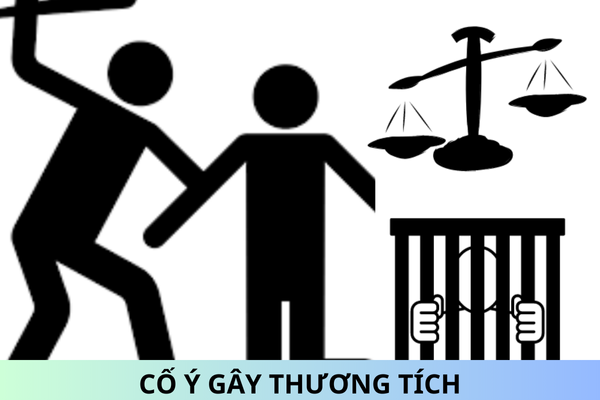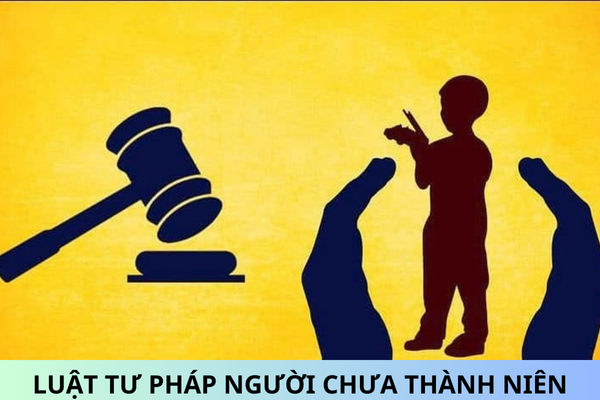Can assets of individuals convicted of drug-related offenses be confiscated if they cohabit with others?
Article 45 of the Criminal Code 2015 stipulates asset confiscation as follows:
- Asset confiscation is the act of depriving a portion or the entirety of assets owned by the convicted person to submit to the state budget.
- Asset confiscation is only applicable to individuals convicted of serious crimes, very serious crimes, or particularly serious crimes infringing upon national security, drug-related crimes, corruption, or other crimes as stipulated by this Code.
- When confiscating the entirety of assets, the convicted person and their family must still be allowed conditions for living.
=> According to this provision, asset confiscation is an additional penalty and only applies to crimes of a serious nature concerning national security, drug-related crimes, corruption, or other crimes as stipulated by this Code. When imposing the penalty of asset confiscation, the Court may confiscate a portion or the entirety of the convicted person's assets. Confiscated assets must belong to the convicted person.
In the case where a man convicted lives as husband and wife with another woman, and they have joint assets but currently the assets are in the woman's name, the competent authorities will conduct investigations and verification concerning the origin of these assets.
Thus, if it can be verified that these assets have contributions or money from the convicted person, these assets still belong to the convicted person and can be confiscated.
Sincerely!










